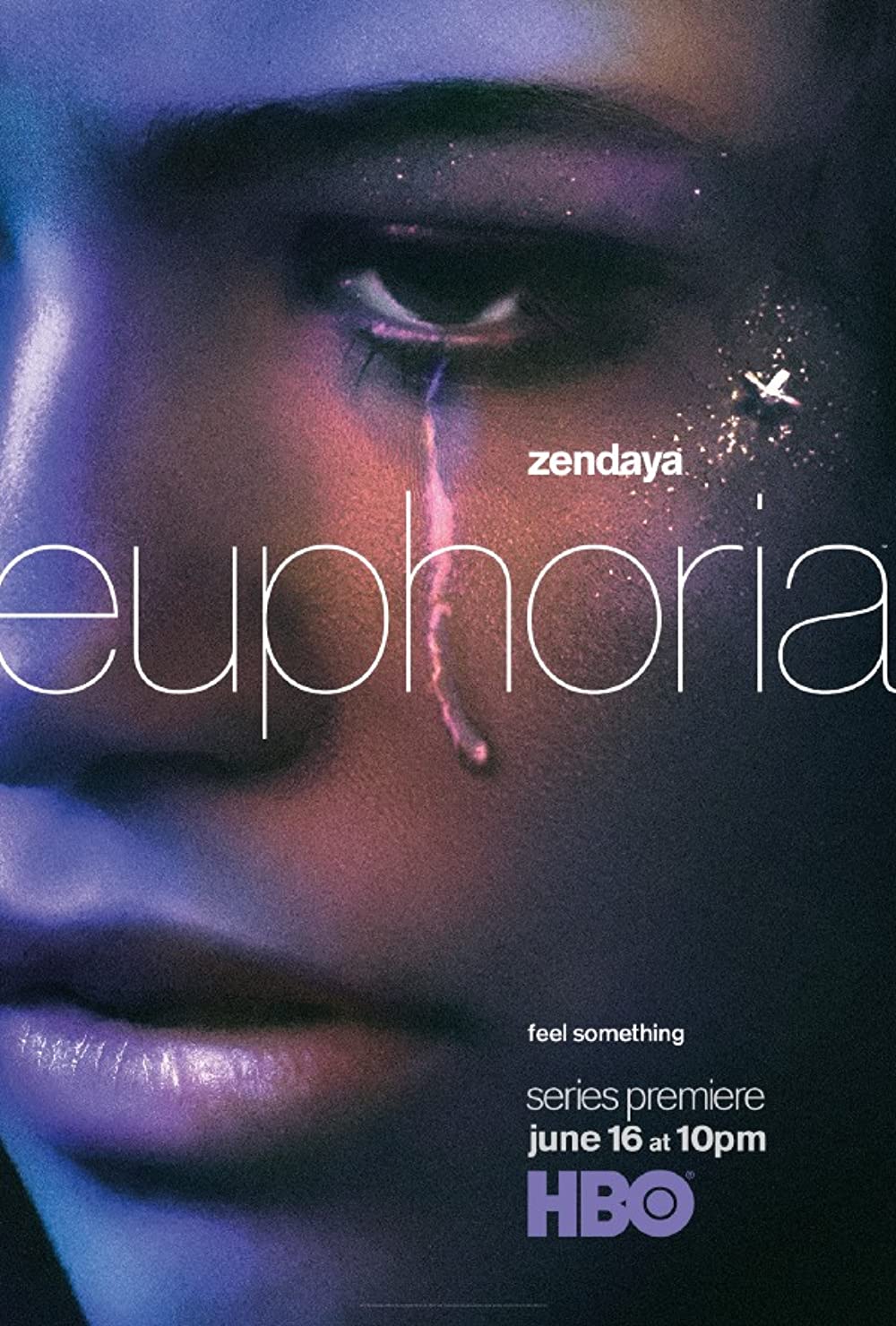Euphoria’s Season Two Continues to Effectively Illuminate Teen Struggles

by Marissa Harris ‘22
 For the first two months of 2022, Euphoria was a trending phenomenon among its legions of viewers. In an age of what is usually on-demand streaming, suddenly Sunday nights at 9 p.m on HBO Max was “must-see TV.” For fans like myself, it’s nearly impossible to objectively review Season 2 because I became so engrossed in the experience of watching it. Even with that disclaimer, Euphoria’s second season is an intense and effective portrayal of the darker side behind teens’ high school years.
For the first two months of 2022, Euphoria was a trending phenomenon among its legions of viewers. In an age of what is usually on-demand streaming, suddenly Sunday nights at 9 p.m on HBO Max was “must-see TV.” For fans like myself, it’s nearly impossible to objectively review Season 2 because I became so engrossed in the experience of watching it. Even with that disclaimer, Euphoria’s second season is an intense and effective portrayal of the darker side behind teens’ high school years.
The format of the show is an emotional roller coaster, with many plot lines going on at once, which got messy and somewhat overwhelming to follow as many problems remained unresolved. However, it gave me the opportunity to think long and hard after the show and speculate what was going to happen during the next episode. I discussed the different plots for days on end with other watchers because of how moving and content-filled each episode was. Every little detail played an important role in the characters’ development and the overall narrative. Lexi (played by Maude Apatow) has more screen time during the second season and finally speaks about how she feels being in the shadows of her older sister Cassie (played by Sydney Sweeney). Lexi does this through a drama-filled play that illustrates different situations that she and her friends encounter. The finale had some intense parts, but I was still a little upset that many plot lines were still not addressed, such as Rue (played by Zendaya) still owing $10,000 to a human trafficker. I am happy that Rue was sober at the end of the season, and we heard her speak through her emotions. I can not wait for the third season to see how the plot lines pick up again.
One story line that will need more explanation next season was a scene involving hazing. During the first season, Christopher McKay is at a college party and is inducted into a fraternity. Later that night, boys from the fraternity barge into his room and sexually assault him. After that episode, the event was never addressed again. There are many important issues raised by the powerful incident, and it’s disappointing the show’s writers just dropped it.
The show is meant for mature individuals, who feel emotionally ready to watch the often disturbing subject matter. The show has very sexually graphic scenes and at times it seems to be excessive. It took screen time away from more important topics, such as addiction, relationships, and trauma.
Depicting these deep struggles is not an easy task, and the actors took their roles and made them their own. Zendaya is magnificent and Emmy-deserving in depicting Rue’s struggle with addiction in the years after her father passes away from cancer. When Rue has a frightening confrontation with her mom, Zendaya portrays the pain and suffering on a whole other level to effectively convey an addict who struggles with wanting to stay alive. The show also effectively portrays the effects of Rue’s drug addiction on her sister Gia. Director Sam Levinson successfully illustrates how addiction does not just affect the individual but also those around them.
The visual and musical effects used on the show add to the intensity of the different situations. The show as a whole has an incredible soundtrack that is layered over what is happening on the screen. With most pieces being recorded by Labrinth. Each scene has a song, which adds to the emotion and situation that the character is dealing with. My favorites include “All for Us,” “When I R.I.P.,” “Formula,” and “Mount Everest.” The finale of the first season ends with an incredible musical number that represents Rue falling back into addiction. I would have liked for the second season’s finale to end in a similar way.
Grade: B+